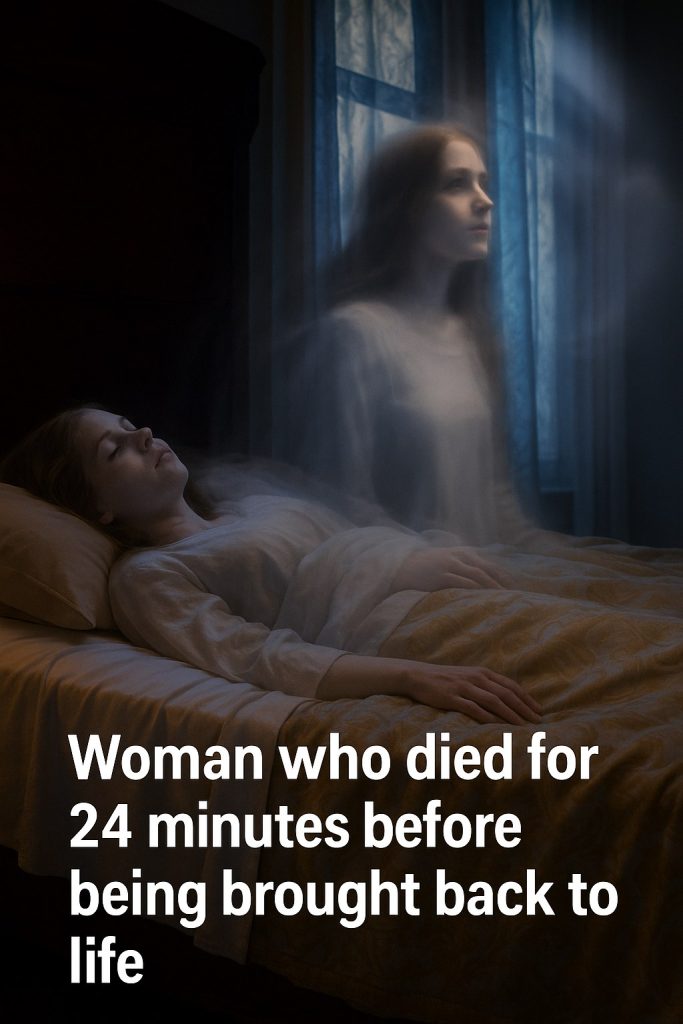In an extraordinary medical case that has captured attention worldwide, a woman who was clinically dead for 24 minutes shared her remarkable experience of being brought back to life — fully cognitively intact. The story highlights not only the incredible advancements in emergency medicine but also offers a rare glimpse into the mysterious phenomenon of near-death experiences.
The woman, whose identity remains private for medical confidentiality reasons, suffered a severe cardiac arrest that led to a prolonged period without a heartbeat. For nearly a quarter of an hour, she showed no signs of life, which researchers and medical professionals typically associate with irreversible brain damage or death. However, through rapid-response resuscitation efforts combined with advanced life support technologies, the medical team managed to revive her, an outcome described by professionals as nothing short of a medical miracle.
Following her revival, extensive neurological assessments revealed that she was cognitively intact — an unexpected outcome given the length of time her brain was deprived of oxygen. Doctors noted that her brain function was remarkably preserved, with memory, reasoning, and sensory perception fully operational. This defies common medical expectations, as even brief periods without oxygen can result in significant brain injury.
Adding to the intrigue is her detailed recounting of what she experienced during the time she was clinically dead. She described sensations often associated with near-death experiences, such as feelings of floating outside her body, moving through a tunnel of light, and encountering a profound sense of peace and connection. “It was unlike anything I had ever felt before — perfectly calm and serene,” she shared.
Near-death experiences have long fascinated scientists and the public alike, blurring the lines between physiology and spirituality. Typically reported by individuals who come close to clinical death, these experiences have been theorized to result from brain activity in low-oxygen states, yet many aspects remain mysterious and deeply personal.
Experts emphasize that while this woman’s recovery is miraculous and inspiring, it remains a rare outcome. The survival and cognitive preservation after such an extended period without circulation showcase the critical importance of immediate medical intervention and evolving resuscitation techniques. They also stress that ongoing research into these phenomena is vital for improving outcomes and understanding the intricacies of human consciousness and brain resilience.
This case has sparked a broader conversation on social media platforms, where users express awe at the woman’s survival and curiosity about her near-death experience. Many see it as a powerful reminder of both the fragility and resilience of life, and the mysteries that remain within the human mind.
Medical professionals involved note that the woman’s journey will be closely observed for future studies, hoping it will contribute valuable insights into emergency medicine and neurological recovery. Meanwhile, she continues her recovery, sharing her extraordinary story as a testament to hope and the advances that modern medicine can achieve against overwhelming odds.



